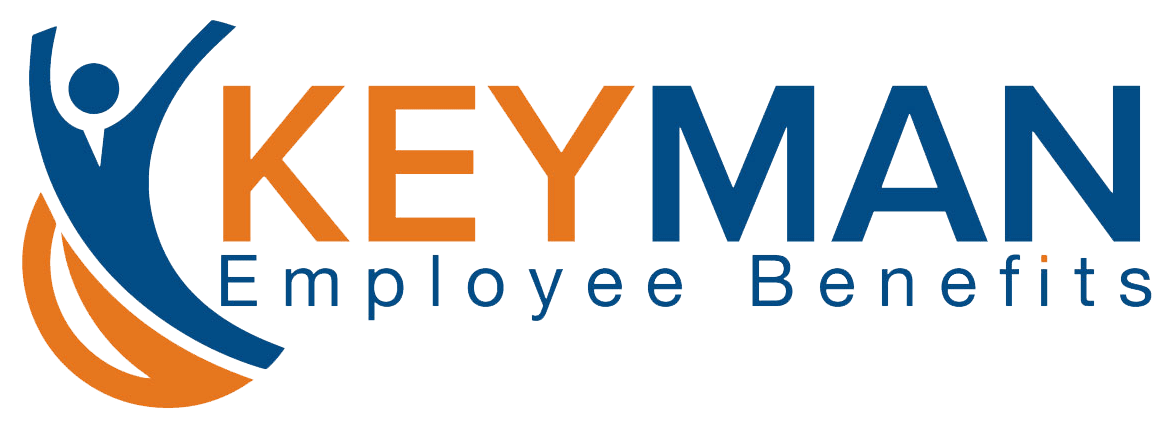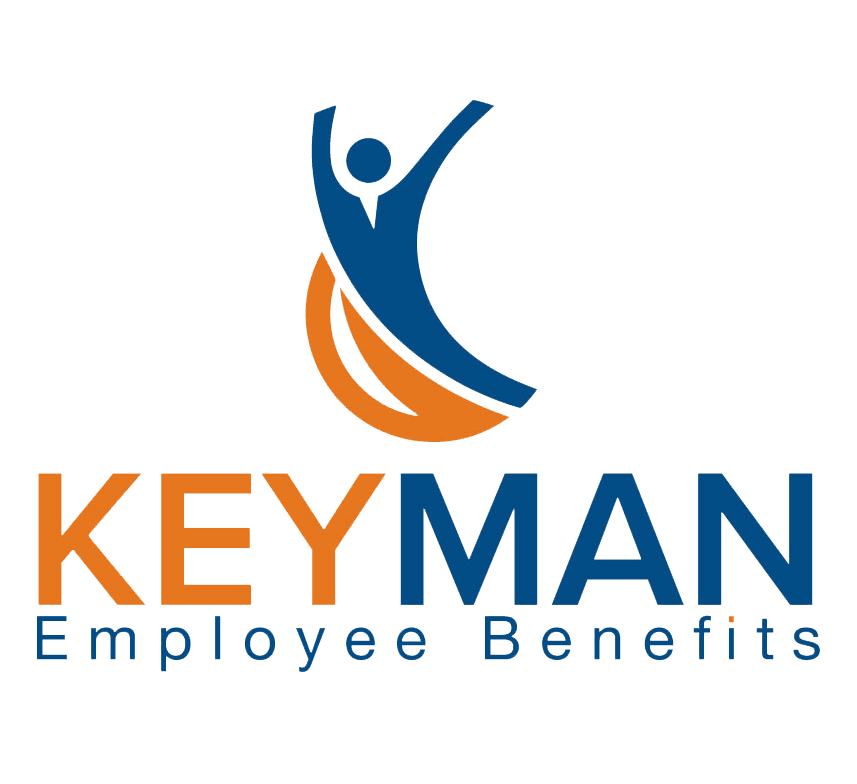Employee Benefit Programs
Employee Benefit Programs
USER RATING:
Employee benefit programs are very costly. Unfortunately, the cost of many benefit package components continues to increase over time. For a business owner, it can be a huge expense. Businesses must carefully evaluate cost versus value of the major components of employee benefit programs to select those they can afford. The key factor is to offer the most important benefits the employer can afford to attract and keep the most qualified staff.
Health Insurance
The most expensive components of a benefit package is health coverage. The health care industry and the government are trying to create medical plans that smaller businesses can afford and protect their employees sufficiently. One feature is the birth of Association Health Plans (AHPs), which allows multiple small businesses to band together, creating larger groups to purchase a quality health insurance plan at a lower premium. Health savings accounts also allow employees to allocate pre-tax compensation for medical needs.
Retirement Plans
Sadly, the employees are limited with the retirement benefits of SSS or GSIS only. Therefore, we encourage employers to offer savings plans to their employees in the form of retirement programs offered by insurance companies. One such program is the employer-employee sharing plan where the employee is deducted with a minimal amount every month and is then matched by the employer up to a certain percentage. The employee would have the option to choose the financial product where the level of aggressiveness is assessed. While the employer share remains in the most conservative investment portfolio.
Disability Insurance
Short and long-term disability insurance is a very important benefit by both employee and employer. Even if the company offers worker’s compensation, disability insurance remains a major benefit for two important reasons. First, disability (illness or injury) that occurs either at or away from the workplace is covered. Second, disability claims typically are settled faster and easier than those filed under workers compensation insurance programs. Disability insurance usually offers 24-36 months of an employee’s basic salary.
Life Insurance
Life insurance coverage is both a valuable benefit from an employee perspective and usually quite affordable for the small business. As the Philippine workforce average age starts to decline, this benefit should remain reasonably priced for most businesses. Most programs provide term life coverage (pure protection with no cash savings account) with the opportunity for the employee to purchase more insurance if they wish. Some programs also allow employees to convert their plan to whole life coverage (cash buildup and tax deferred dividends) and/or continue their coverage should they leave their employer.
Vacation and Holiday Pay
This subject remains one of the most popular benefits with employees throughout the business community. Some smaller companies, utilizing many hourly and part-time employees, do not offer this benefit. Even many well-compensated union personnel only earn income when they work, not while on vacation or holiday. Yet, small business owners should seriously consider offering this benefit as it ranks high with almost all employee groups. In the Philippines, the minimum service incentive leave with pay is only 5 days. Although, most companies provide at least 5 vacation leaves and 5 sick leaves a year.
Education Assistance
A very important employee benefit, education assistance is more important than ever. As the cost of on-campus post-secondary education increases, many employees simply cannot afford to improve their skills in the classroom. However, the many wonderful educational programs offered online at reasonable cost can help small businesses improve their staff quality. Available at any time of day, both formal degree programs and continuing education courses can be very effective and economical. Some companies now offer continuing education assistance to qualified employees with the agreement that the employee shall pay the employer the cost of the education should he/she does not meet the required number of years in the company.


